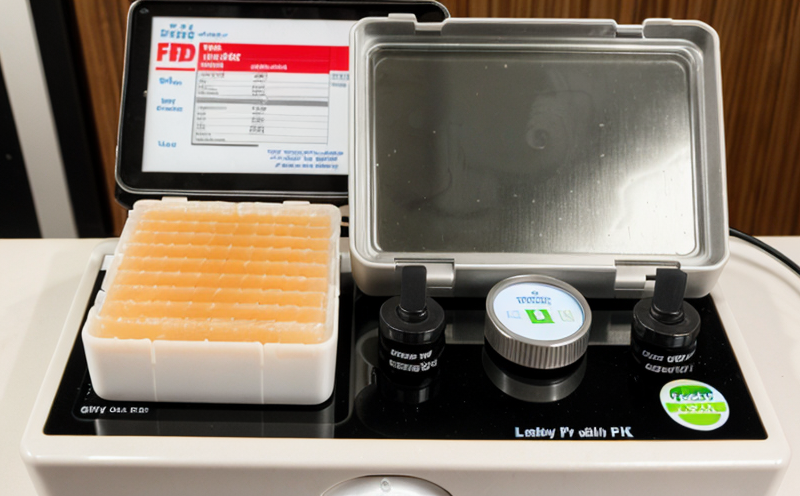ISO 18363-2 3-MCPD Esters in Edible Oils
The presence of 3-monochloropropane-1,2-diol (3-MCPD) esters is a critical concern for food and feed safety. These compounds can form during the processing of edible oils from vegetable sources due to chlorination or heat treatment. The European Food Safety Authority (EFSA) has set tolerances for these contaminants in various food products, including edible oils.
ISO 18363-2 provides a standardized method for the determination of 3-MCPD esters in edible oils and fats using liquid chromatography with tandem mass spectrometry (LC-MS/MS). This service is particularly relevant for manufacturers who need to ensure compliance with international food safety regulations.
The test involves several key steps: first, a sample preparation process that may include extraction of the oil matrix. After extraction, the analyte is separated and detected using LC-MS/MS technology. The method ensures high sensitivity and specificity for quantifying 3-MCPD esters in edible oils.
Compliance with ISO standards such as ISO 18363-2 not only meets regulatory requirements but also enhances consumer trust by ensuring the safety of food products. This service is essential for quality assurance, R&D, and procurement teams within food manufacturing companies.
The test results are reported in terms of the concentration of 3-MCPD esters present per kilogram of oil sample. Reporting can be tailored to meet specific client needs such as compliance with EFSA guidelines or internal safety benchmarks.
Our laboratory is equipped with state-of-the-art LC-MS/MS instrumentation that ensures accurate and reliable results every time. Our team of experts follows the ISO 18363-2 protocol meticulously, ensuring precision and reproducibility in all test runs.
Applied Standards
| Standard | Description |
|---|---|
| ISO 18363-2:2017 | Determination of 3-monochloropropane-1,2-diol esters in edible oils and fats by liquid chromatography with tandem mass spectrometry. |
Why Choose This Test
- Compliance with international food safety regulations.
- Accurate quantification of 3-MCPD esters in edible oils.
- Reduction of risks associated with contaminant presence.
- Enhanced consumer trust and product integrity.
- Support for quality assurance programs.
Customer Impact and Satisfaction
The testing of 3-MCPD esters in edible oils is vital for food manufacturers to ensure product safety. Our service provides reliable data that helps companies meet regulatory requirements and protect their brand reputation. By offering this service, we contribute significantly to the overall quality assurance process within the food sector.
Customer satisfaction is our top priority. We provide comprehensive reports along with detailed interpretations of results, ensuring that clients have all the necessary information to make informed decisions about their products.
We work closely with our customers to understand their specific needs and tailor our services accordingly. Our experienced team ensures that each test run adheres strictly to ISO 18363-2 guidelines, providing accurate results every time.
The ability to detect even trace levels of 3-MCPD esters is crucial for maintaining compliance with EFSA guidelines. This service allows food manufacturers to take proactive steps towards ensuring the safety and quality of their products.





